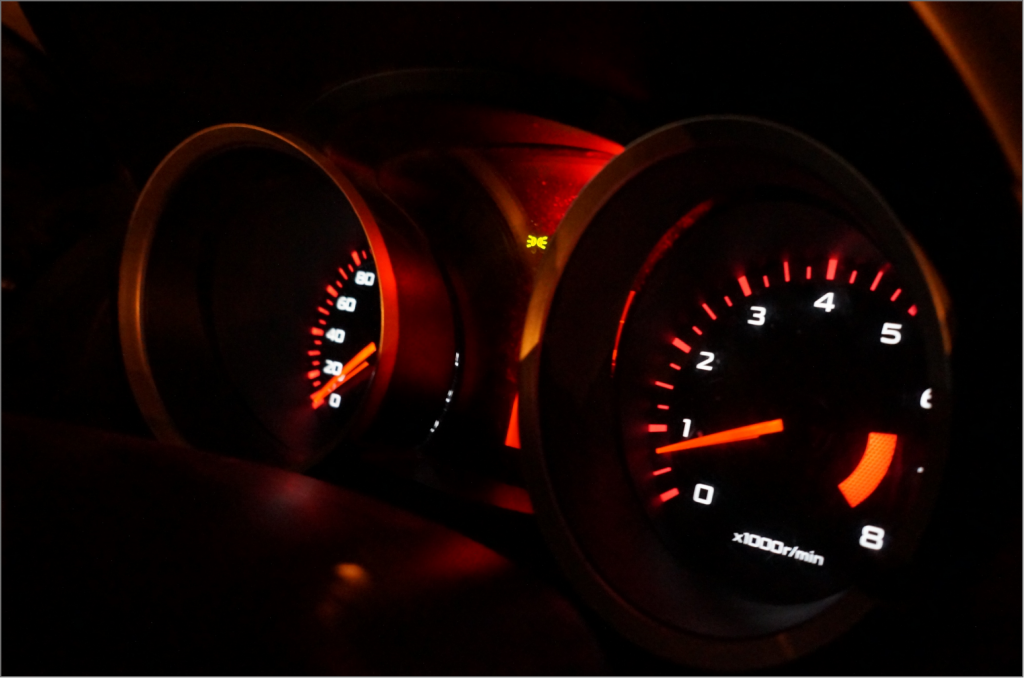Ticket and retail sales across rail businesses have not changed significantly over the years. Rail companies still use standard point of sale (POS) or mobile point of sale (mPOS) systems to accept payments for tickets or good and services. Many of these systems currently do not accept contactless payments, and because of this, many companies are missing opportunities. In addition, in today’s demanding and dynamic
The Future of On-board Retail Spend is Contactless

Ticket and retail sales across rail businesses have not changed significantly over the years. Rail companies still use standard point of sale (POS) or mobile point of sale (mPOS) systems to accept payments for tickets or good and services. Many of these systems currently do not accept contactless payments, and because of this, many companies are missing opportunities.
In addition, in today’s demanding and dynamic business and consumer landscape, investors expect profits and growth. In contrast, customers expect diverse product and payment offerings that match the modern retail scenario. This means that there is now an increased pressure for rail businesses to accept contactless payments from card and mobile wallets via mPOS systems.
Among this new landscape is an increasing trend – and reliance on analytics – to provide organisations with business intelligence. So, for example, when contactless mPOS is used alongside analytics about rail journeys, the power and potential to transform rail businesses is significant, as a variety of business transformative insights could be gained about passengers.
So, are rail companies truly making the most of the free data customers give away through payments, and how can they capitalise on increased revenue opportunities available through contactless payments? What do they need to consider as they think about contactless payments?
The future is contactless ![]()
Over recent years, there has been a sharp rise in the use of contactless payments and mobile wallets such as those from Android and Apple Pay. That is not to say that cash is “dead”, but simply that more people want, and expect , to be able to pay for products with cashless alternatives.
To emphasise the importance of contactless, VISA and MasterCard have set out their contactless mandates, which state that merchants accepting payments from these payment networks must establish contactless payments as standard by the end of 2019. Again, this points out how crucial contactless payments are to the future of retail within rail scenarios.
Additionally, as contactless grows, customers not only expect to use it as a payment method for their purchasing needs, but they are now also less likely to carry cash. As an example, consider the number of times passengers arrive at a railway station without cash and they try to buy a ticket, coffee or snack only to be disappointed. This doesn’t set a progressive and good example.
Overlooking payment preferences like this could potentially harm a rail company’s reputation. With offerings from the likes of iZettle and PayPal available to even the smallest of merchants, just about any brand can now accept card and contactless payments. Therefore, customers will naturally expect rail companies to keep up with the trends and pace of change.
1. Data driven insights
Many bricks ‘n’ mortar and ecommerce retailers are embracing a data-first strategy as they seek to understand customers. The use of analytics helps them to find new ways to draw insights from the ever-increasing amount of information available to them about their customers’ behaviour.
Modern mPOS systems can play a similar role within rail retail scenarios, be it at ticket kiosks, sales desks, via ticket conductors, or retail concessions. Understanding customers and their needs means rail companies can serve and meet expectations more effectively. Aside from this, analytics can also support the automation of inventory and stock management, and be used across the wider business to improve sales, customer relationships and personalised marketing efforts.

2. Ticketing
As rail companies plan to diversify and increase profits, they have also begun introducing new ticketing offers. The future of ticketing is likely to see more vendors using electronic tickets, mainly because this technology is less open to fraud and has secure features that combat counterfeiting. This new approach also reduces the need for printed material and associated costs. They are also capable of processing passengers’ payments quickly during busy times of day.
In the future, we will also notice that rail operators will extend their offerings from solely providing rail related ticket offerings, to including sales for tickets to tourist attractions. Think of a family that is travelling to Paris for a long-weekend trip: what if they could purchase tickets for local tours and attractions along with their on-board refreshments whilst on their journey? This could enable passengers to save money through special offers (and time) and position the rail company as an entity that provides rail travel and value added services, positioning the brand in a good light.
3. Conclusion
As Visa and MasterCard’s mandate draws near, and customer payment expectations evolve towards contactless, rail companies must get on board with the new trends and opportunities that surround payments. Failure to modernise could result in missed opportunities to understand customers, improve relationships and increase revenue in a highly competitive business landscape.





